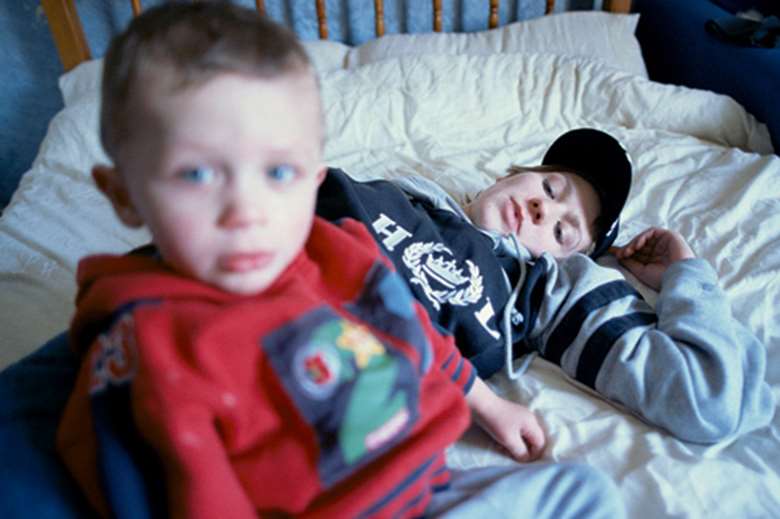Poor families with young children 'hit hardest' by government reforms
Neil Puffett
Tuesday, January 27, 2015
Government changes to tax and benefits have hit families with young children and poorer households the hardest, a major study has found.

Research by the London School of Economics (LSE), Manchester University and York University found that poverty has increased since the coalition government came to power in 2010, and predicted it will get worse in the next five years.
The report said tax and benefit changes have hit families with young children harder than any other household type.
Up to 2014/15, the poorest five per cent of the population lost nearly three per cent of their income on average from the changes.
People in the next 25 per cent of income distribution lost almost two per cent. Those in the top 50 per cent were net gainers from the changes.
Meanwhile, spending on children aged under-five fell 21 per cent between 2009/10 and 2012/13, with falls of 11 per cent for early education and 32 per cent for Sure Start children’s centres.
These reductions coincided with a six per cent increase in the number of under-fives.
The report states that tax and benefit decisions made by the coalition meant that cuts to benefits and tax credits that hit low-income families hardest made no impact on the public finance deficit because they were offset by tax reductions for better-off households.
In addition, government choices to protect certain public spending meant that its austerity programme was “more limited in practice than its rhetoric suggested”, with year-on-year public spending dropping by less than three per cent, but cuts of around a third being made to “unprotected” services, including those for pre-school children under five.
Professor John Hills, director of the LSE's centre for analysis of social exclusion, said protection of some of the core parts of the welfare state from the greatest cuts, and initial protection of the value of benefits, meant that the poorest people and important services were “initially shielded” from the worst effects of the recession.
But he added: “In the second part of the coalition’s period, selective cuts to benefits and to unprotected services have begun to take their toll, leaving the next government, of whatever kind, with much greater social policy challenges than the coalition inherited.”
Professor Ruth Lupton, of the University of Manchester, said: “There is more to the coalition than cuts.
“Its major legacy may turn out to be its rapid reforms of the schools system, the NHS, and welfare benefits.
“But its decisions on where to cut and where to spend have limited its scope either to reduce the debt or protect the poor.”
A Treasury spokesman said analysis by the Institute for Fiscal Studies found that the richest have lost the most from the government’s changes to taxes and welfare.
He added that the research by the LSE and Manchester and York University does not take into account “the effects of changes to public services”.
“That means that it can’t consider the full range of ways the government provides support to the poorest and most vulnerable families across the country: those on lower incomes have been helped by a range of government policies across this parliament in all areas of government spending, from protections to NHS and schools spending to the decision to increase the tax-free personal allowance,” he said.




